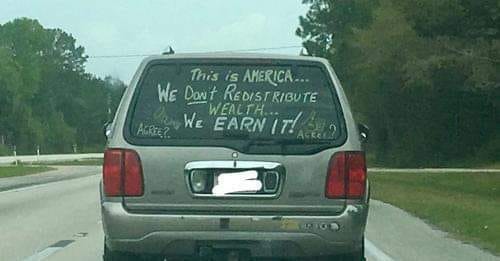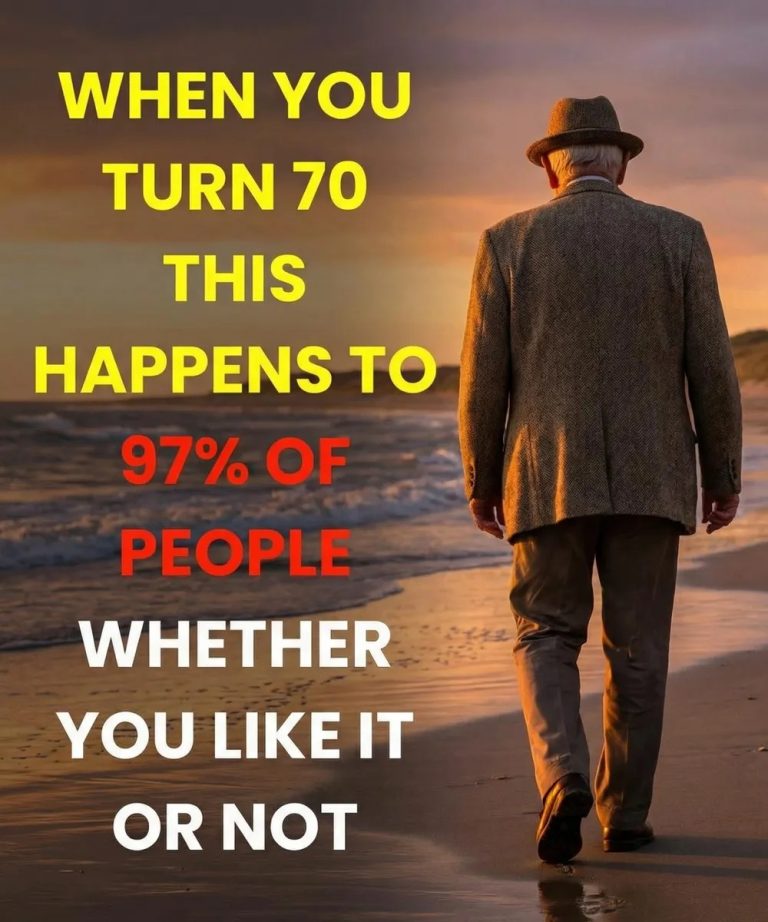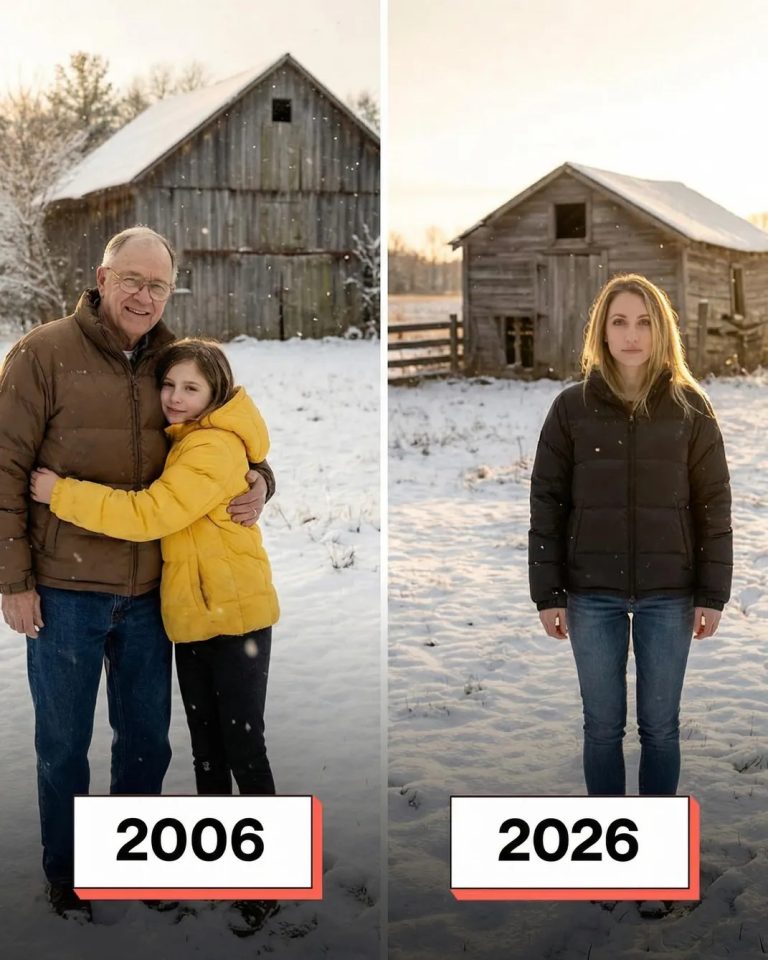
In an age where viral posts can spread faster than wildfire, one message scrawled on the back window of an SUV has ignited a storm of online discussion.
The vehicle, spotted on a U.S. highway, bore a handwritten note in large white letters:
“This is AMERICA… We Don’t REDISTRIBUTE.”
The photo was snapped by another driver and quickly uploaded to social media. Within hours, it began circulating widely, amassing thousands of shares, comments, and heated debates.
A Divided Reaction
The message immediately struck a chord with many who applauded the driver’s bold stance. Supporters praised it as a straightforward declaration of personal responsibility and opposition to wealth redistribution.
“Finally, someone saying what most people are too afraid to write,” one commenter posted. “This driver deserves respect for standing up for American values.”
Also Read : The Biggest Difference Between First, Second, and Third Marriages
Others echoed that sentiment, framing the message as a patriotic reminder about independence and self-reliance.
But not everyone agreed. Critics fired back, pointing out that the sentiment oversimplifies a complex issue. Some argued that redistribution—whether through taxes, social programs, or community support—has always been a fundamental part of American society.
“Roads, schools, public safety—all of that is redistribution,” one critic noted. “We all pay in so we can all benefit.”
Why It Went Viral
The reason behind the viral explosion lies in more than just the words on the SUV—it taps into a deeply polarized national conversation. With ongoing debates over taxation, social welfare, healthcare, and student loan forgiveness, the message became a visual symbol for larger political and cultural divides.
Social media amplified this, with both sides of the debate seizing the photo to push their own viewpoints. Some memes praised the driver as a “true American,” while others mocked the statement as misguided or hypocritical.
More Than Just a Car Window
While it may have been written hastily with a marker or paint, the message is a reminder of how even small acts of expression in everyday life can become symbols in the broader cultural landscape.
Whether you see it as a declaration of freedom or a misunderstanding of civic responsibility, one thing is clear: a few words scribbled on the back of a car were enough to spark a nationwide conversation.
And in the age of social media, that’s all it takes to go viral.




4 thoughts on “‘Controversial’ Message Seen on Back of SUV Sparks Online Debate”